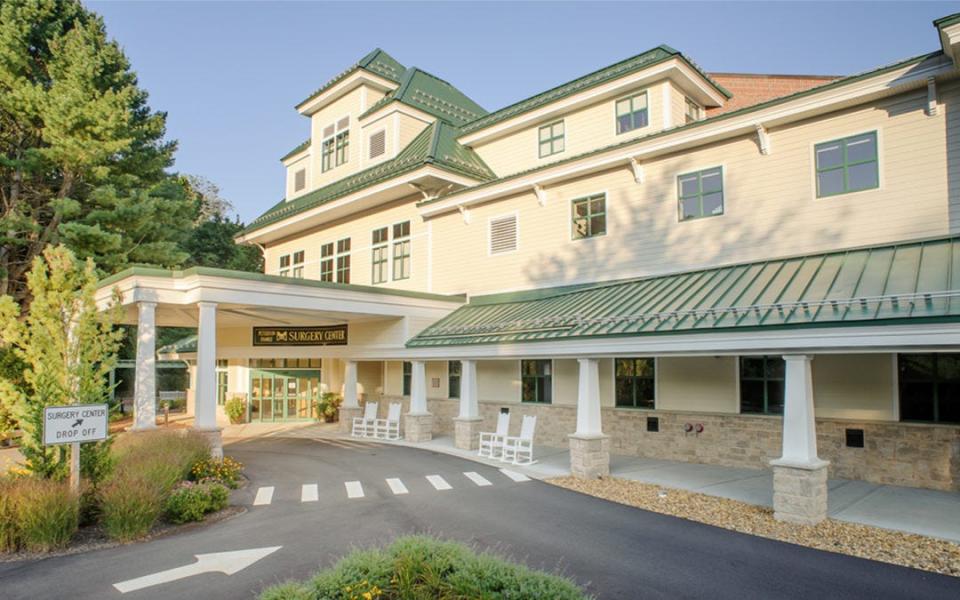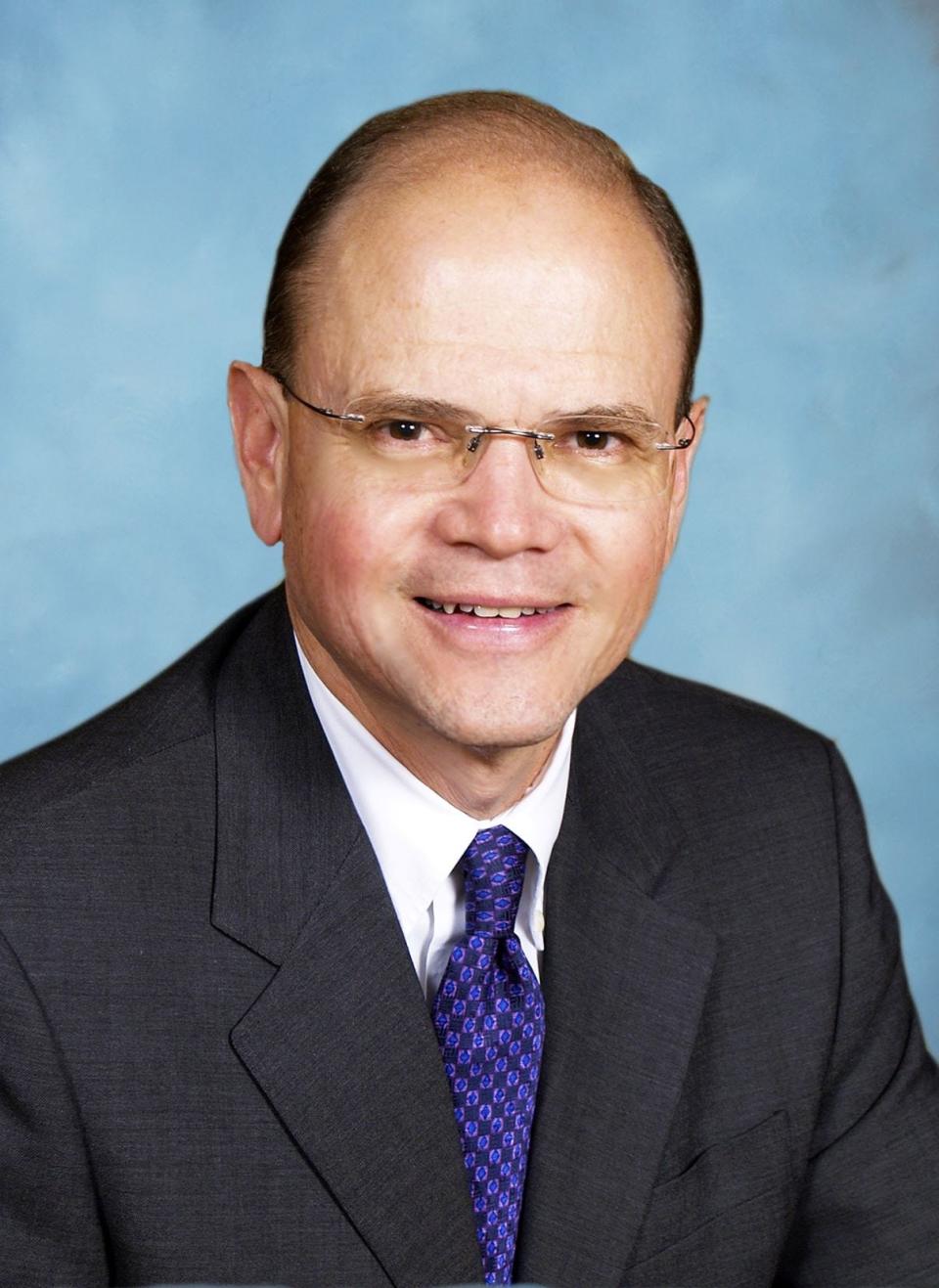York Hospital Recovery Center receives $155K for opioid addiction services. Need is great.
YORK, Maine — The York Hospital Recovery Center has received $155,000 in federal funds, allowing it to bolster treatment services amid the ongoing opioid epidemic.
The new funds announced this spring will help York Hospital expand its opioid prevention efforts and implement programs aligned with Maine’s Opioid Response Strategic Action Plan, York Hospital President and CEO Patrick A. Taylor said. The plan was established last year with goals like reducing the number of prescribed and illicitly obtained opioids and expanding the availability of Narcan and treatment facilities.

“The benefit that will come to this vulnerable patient population at the York Hospital Recovery Center cannot be overstated,” Taylor said.
Eric Haram, consulting director at the Recovery Center, said the money will help with several areas of the center’s work, from funding recovery coaches to increasing transportation for patients without access to a car.
Haram said $20,000 will be going to fund recovery coaching services, which remains an unbillable service in Maine. He said a separate $57,700 will go towards Medicare reimbursement for substance misuse treatment. Haram said services provided by alcohol and drug counselors are currently not covered by the Center for Medicare Services.
“The $57,700 is to be able to provide reimbursement for treatment that our government benefits programs otherwise won’t,” Haram said.
‘It makes us happy’: Maine Dippers take last frigid dive at the beach for mental health
Haram said $10,000 is carved out for new training on substance use disorders for professionals working throughout York Hospital’s network of care. That includes training on wording that destigmatizes addiction, he said, as stigma has prevented many with addiction from seeking healthcare.
Haram said recent data shows 25% of the people in Maine rescued from an overdose with Narcan refuse to be transported to a hospital. He said sentiments that cause this reluctance must be counteracted in the public.
“History has created a barrier, right? ‘If I go there, people might be rude to me, I might not be helped, I’m going to continue to feel sick, I’ll end up leaving anyway,’” Haram said. “Our hope is with some of these training funds, we’ll be able to affect public perception.”

There will also be $67,000 allotted to transportation, which he said has been hampered since the coronavirus pandemic. He said before the pandemic the Recovery Center was giving about 175 rides a month to clients.
Telehealth has been helpful during the pandemic in helping reach clients, he said. For those who benefit from in-person treatment, he said the ride infrastructure needs to be rebuilt.
“We want to bring that back online,” Haram said. “We would like to see that built back up to those pre-pandemic utilizations.”
The Recovery Center has been at York Hospital for 23 years, although it was known as the Cottage Program until 2018. That was the year Haram said they did away with waitlists, added medications for addiction treatment and rebranded itself with a new name to better reflect the culture of care.
‘Disturbing’ trend: York police see spike in drunken driving arrests
Haram said the new funds are helpful, though only for this year, as the center will have to go back and seek similar dollars for the next year. Recovery staff say the opioid epidemic has continued in Maine despite public attention shifting to other crises like the coronavirus pandemic.
“The pandemic took over the news, but the crisis goes on,” said Christine Munroe, the center’s medical director. She said the pandemic caused recovery centers in other parts of the state to shut down, leading people in recovery to seek services at York, often through telehealth.
Haram said the center is still optimistic that expanding services will help them combat addiction in the community effectively. He said testimonials from clients have continued to indicate people can find success in seeking treatment, and that center will continue to seek funding to ensure the services are available.
“Treatment does work,” Haram said. “We see recovery happen every day.”
This article originally appeared on Portsmouth Herald: York Hospital Recovery Center gets $155K for opioid addiction services

